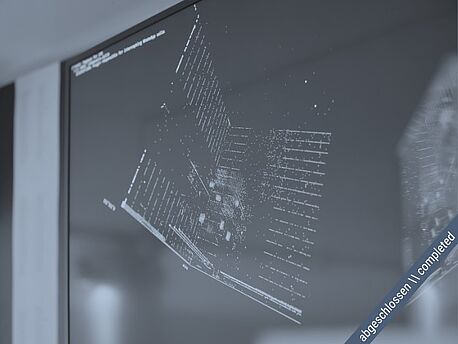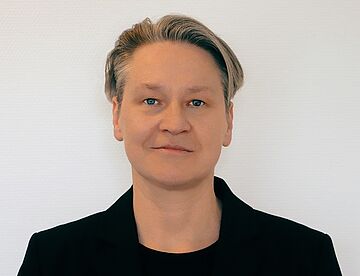Reorganization of Knowledge Practices
This research group examines how a reorganization of scientific practices along digital principles can contribute to individual and societal self-determination. New knowledge practices within and outside of the Weizenbaum Institute will be reflected upon drawing on organizational theory with a focus on qualitative research methods in order to design approaches for politics, the economy, and civil society.
Impact
In the area of ‘impact’, the tension between the ongoing specialization of science and the need for more comprehensive and engaging science communication is subject of investigation. This research seeks to inform how the intersection of scientific communities and their different audiences can be organized.
Interdisciplinarity
The area of ‘interdisciplinarity’ is dedicated to the idea that knowledge about current societal challenges can be gained primarily through such forms of scientific collaboration that cross traditional disciplinary boundaries. The research results of this area help to organize such hybrid knowledge practices.
Iteration
The area of "iteration" examines how digital technologies are changing established workflows of knowledge production and how these changes affect the knowledge produced. In particular, this research is interested in new knowledge practices that rely on ideals of preliminarity and constant editing. The research findings of this area provide guidance on issues related to new knowledge practices, such as open peer review or open educational resources.
Aktuelle Projekte


Abgeschlossene Projekte
![[Translate to English:] [Translate to English:]](/media/_processed_/5/0/csm_Eliza_reloaded_abgeschlossen_dca5002738.png)

Research Group Members
-

Prof. Dr. Sascha Friesike
Director, Member of the Board, Principal Investigator
-

Dr. habil. Anne K. Krüger
Research Group Lead
-

Dr. Gabriel Bartl
Associate Researcher
-

Katharina Berr
Research Associate
-

Eva-Marie Geier
Research Group Coordinator
-

Sebastian Koth
Research Associate
-

Kira Lehmann
Student Assistant
-

Heike Lohmar
Research Group Assistant
-

Gabriel Menzinger
Student Assistant
-

Ingmar Mundt
Research Associate
-

Jana Heim
Research Associate
-

Clarissa Elisa Walter, M.A.
Research Associate
-

Laura von Welczeck
Student Assistant
-

Janina Zakrzewski
Research Associate


